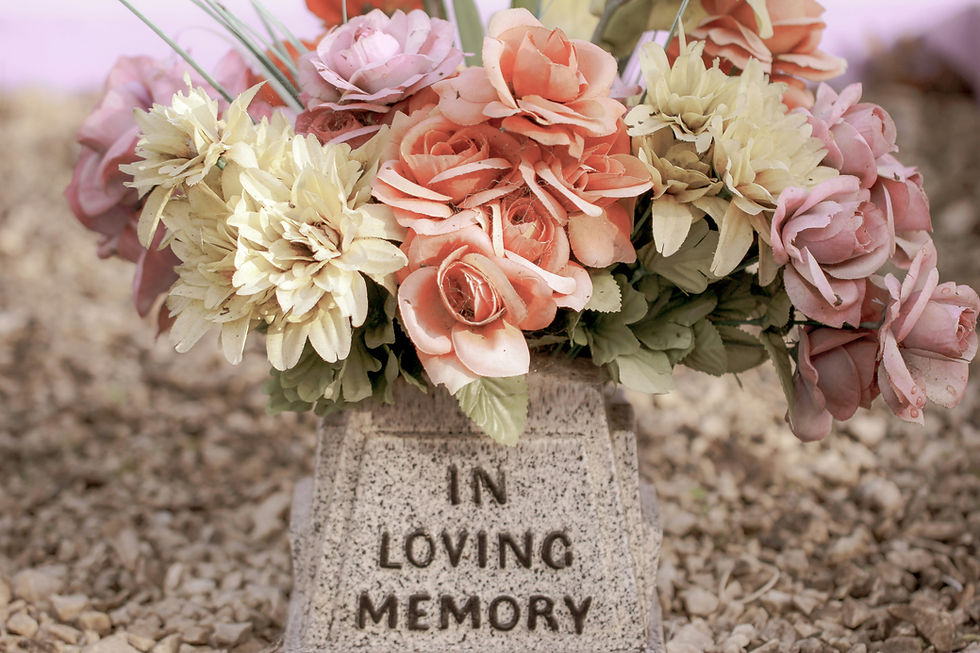Purgatory Now?
- Matt O'Reilly

- Nov 1, 2011
- 1 min read
Purgatory is one of those interesting theological ideas that Protestants and Catholics wrangle over, not least because it carries rather significant implications for one’s understanding of the work of Christ and salvation. Have our departed brothers and sisters in the faith entered into a time of suffering during which they are prepared for entrance into the presence of God? Or do they enter immediately into paradise made fit for the presence of the Holy One by the blood and righteousness of Christ alone? And what will happen to us? Where will we be found after our deaths? Well, in honor of All Saints’ Day and the hope that is before us, here’s provocative quote from N. T. Wright’s little book, For All the Saints? Remembering the Christian Departed:
In fact, Paul makes it clear here (Rom 8) and elsewhere that it’s the present life that is meant to function as purgatory. The sufferings of the present time, not of some post-mortem state, are the valley we have to pass through in order to reach the glorious future. The present life is bad enough from time to time, goodness knows, without imagining gloom and doom after death as well. In fact, I think I know why purgatory became so popular, why Dante’s middle volume is the one people most easily relate to. The myth of purgatory is an allegory, a projection, from the present on to the future. This is why purgatory appeals to the imagination. It is our story. It is where we are now. If we are Christians, if we believe in the risen Jesus as Lord, if we are baptized members of his body, then we are passing right now through the sufferings which form the gateway to life. Of course, this means that for millions of our theological and spiritual ancestors death will have brought a pleasant surprise. They had been gearing themselves up for a long struggle ahead, only to find it was already over (34-35, italics original).
Purgatory now? Much could be said. What do you think about that?



Comments